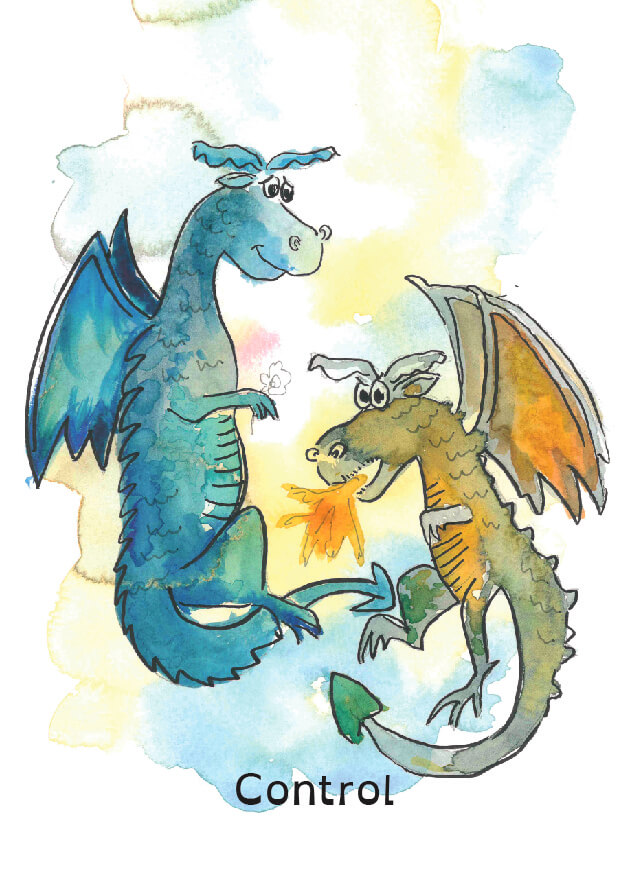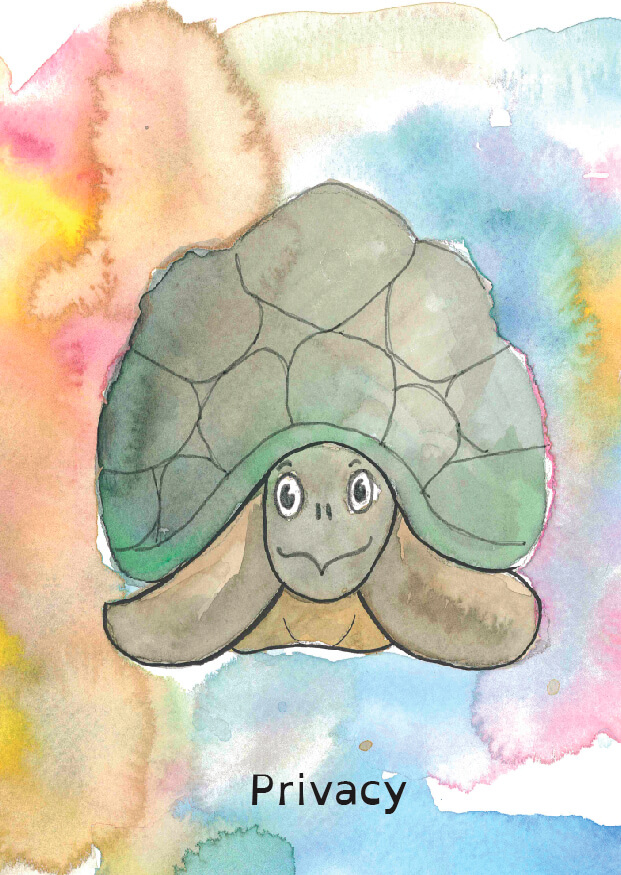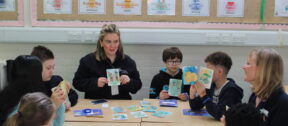Feeling calm – meeting your need for safety and security
If you or your young people are finding it hard to settle away from grown ups, find change difficult, feel upset by other people’s actions or are unsettled, worried or anxious, why don’t you try the following steps for meeting your need for safety and security?
Security
When we feel safe and secure, it is easier to think clearly and manage our emotions. We can help ourselves to feel safe and secure by recognising things that make us feel safe, and making sure we have more of these in our lives.
Three things you can do now to help with wellbeing:
- Think about what makes you feel secure, and make an effort to do this more. This could be finding a cosy space to relax, listening to music or talking to someone who helps you to feel safe.
- If you feel worried about something, make a plan that helps you to feel safe. An example could be a visual timetable or calendar to help you make things seem more predictable.
- Dragon Breathing – Breathe in, hold it, and breathe out for longer. This helps to activate our calming systems that tell our brain ‘all is ok’. Our Trainer, Charlie Green shows you how to dragon breathe in this video:
Control

To meet our need for control we need to have some influence over our lives and the decisions we make. There are some things that we can have decisions over, and some things that are outside of our control
Three things to do now to help bring you back to wellbeing:
- We can’t always control other’s actions, but we can control our responses to them.
- We like to have choices in our lives. Making decisions about activities, clothes or which foods you would like on your plate can help us to feel in control.
- Sometimes we have to do things we have no control over. In those situations, try to find ways to help you cope with the challenge, such as having control over the way you approach it.
Privacy

We all need to take time out for ourselves, to step away from screens and have time to reflect and process our thoughts, learn from our experiences and make sense of the world around us.
Three things to do now to help bring you back into wellbeing:
- Build some time into your day to allow your thoughts to wander. You could look around you, listen to music, doodle or daydream.
- Think about ways to look after yourself and your space. Taking care of yourself can help us to process thoughts from a busy day.
- What are your hobbies? Do you have things you like to do that are away from screens, such as kicking a football, baking, listening to music or being creative? These types of hobbies give us time to think and reflect, particularly at the end of a busy day.
To find out more about how Suffolk Mind can help you and your young person, visit our EARLY Minds page.















